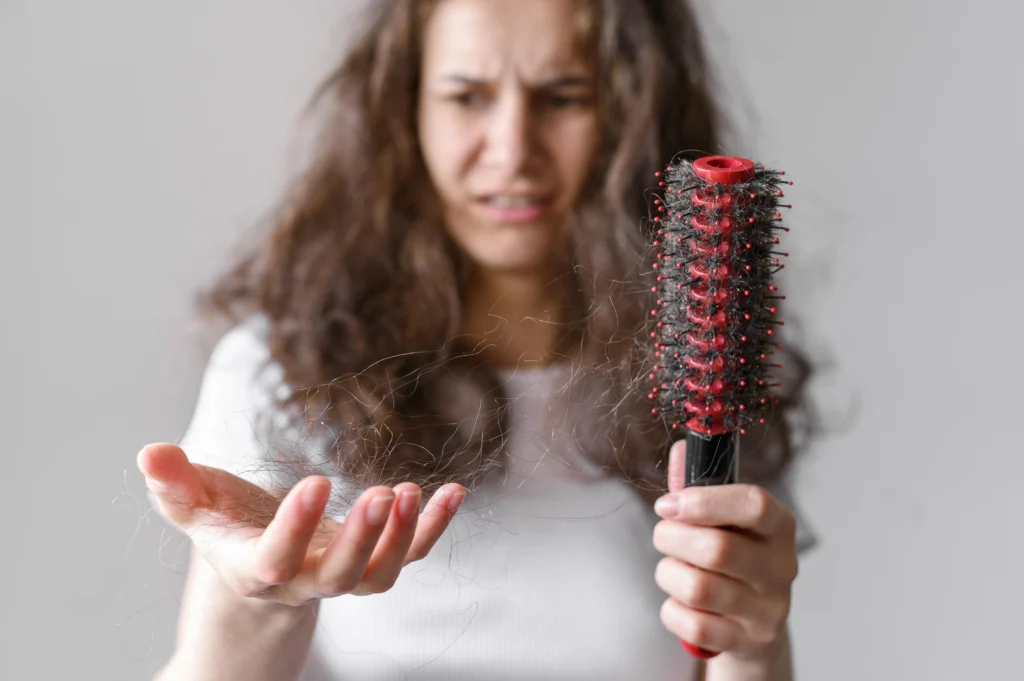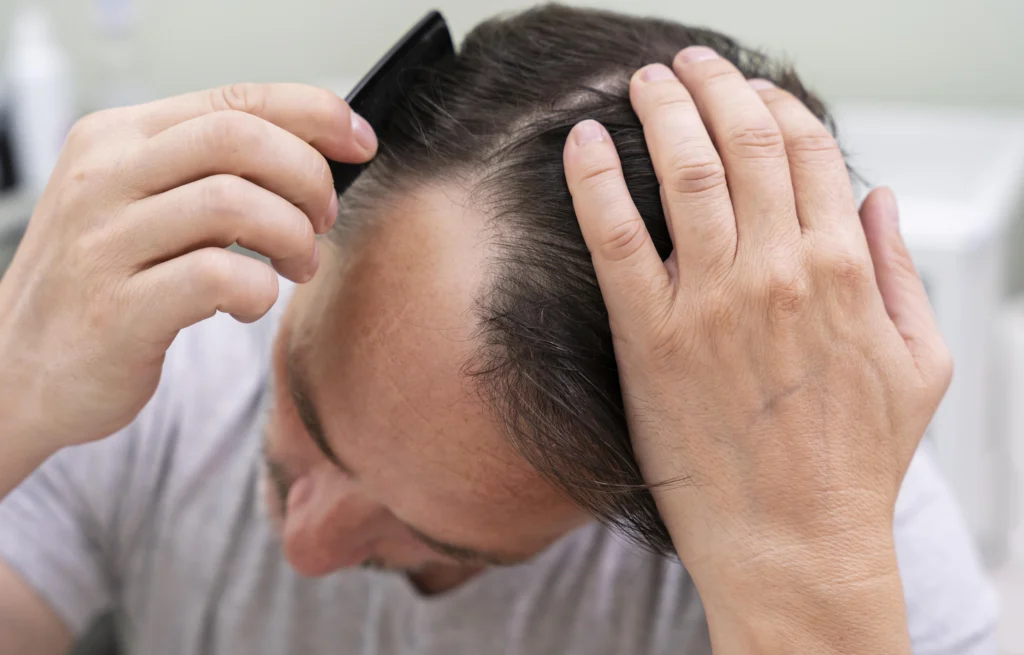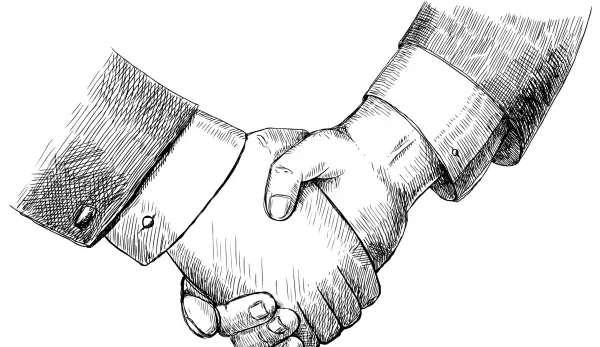
Hair loss affects many people, both men and women, across the globe, and India is no exception. Having luscious locks is often associated with confidence and well-being, making hair fall a concern for many. In this blog, we will explore the causes of hair fall in India, ways to detect it, and simple remedies to prevent and control the issue.
Understanding Hair and Its Growth Cycle: Hair is composed of a protein called keratin and grows from hair follicles. On average, humans have 100,000 to 150,000 hair strands on the scalp, and hair grows about 0.5 inches per month. Hair goes through various stages of development, starting from fetal hair to mature hair that stays with us throughout our lives.
Challenges Unique to India: India faces unique challenges concerning hair loss. Factors such as pollution, stress, auto-immune diseases, and premature graying contribute to the widespread issue. Western countries used to dominate the hair transplant industry, but India and Turkey are emerging as hotspots for various hair fall treatments.
Common Causes of Hair Fall in India:
Stress: Stress can lead to conditions like Telogen Effluvium, where hair follicles enter a resting phase, causing increased hair fall during washing and combing.
Trichotillomania, a psychological disorder, may lead stressed individuals to pull out their hair, causing damage and requiring medical attention.
Auto-immune Diseases:
Auto-immune diseases like alopecia areata can result in hair loss in small patches on the scalp or other parts of the body.
Environmental Factors:
Pollution, dust, and allergens in the air contribute to hair fall, with fine particles damaging hair follicles and roots.
Personal Factors:
Neglecting hair care, inadequate nourishment, and poor circulation due to lack of brushing can lead to brittle, dry, and lifeless hair.
Fungal Infections:
Fungal infections like ringworm can cause patchy and scaly skin on the scalp, leading to hair loss.
Cancer and Chemotherapy:
Cancer and chemotherapy can result in hair loss, but hair typically regrows after treatment.
Every year, India celebrates National Doctor’s Day on July 1st. This special day honors Dr. Bidhan Chandra Roy. He was a great physician and received the Bharat Ratna award. Dr. Roy was also the first elected Chief Minister of West Bengal. He was an influential leader from eastern India. National Doctor’s Day is a time …
Happy National Doctor’s Day 2024 in India, New Theme, History Read More »
International Yoga Day is celebrated world wide on June 21st every year. This global event honors the ancient practice of yoga, which has been recognized for its significant benefits to physical, mental, and spiritual well-being. The 2024 International Yoga Day marks the 10th anniversary of this celebration, emphasizing the theme “Yoga for Self and Society.” …
International Yoga Day 2024, New Theme, History, Quotes, Slogan, Poster Read More »
Psychological and Emotional Factors: Emotional stress, shock, extreme weight loss, and depression can contribute to hair loss.
Lifestyle Factors: Certain hairstyles causing traction, lack of a proper diet, and genetic factors can also lead to hair fall.
Hair Loss in Men and Women:
Men:
Genetic causes, such as male pattern baldness, play a significant role.
Genes, hormones, and stress contribute to baldness starting in the 20s and 30s.
Women:
Hormonal imbalance, thyroid disorders, PCOS, pregnancy complications, and menopause can lead to hair loss.
Female pattern baldness differs from men, resulting in general thinning across the scalp.
Statistics on Hair Loss in India:
- Approximately 85% of adult males in India may experience pattern baldness.
- Early onset of male pattern baldness is observed, with signs appearing as early as 21 years of age.
- Hormone-related hair loss affects around 40% of women in India.
- Genetic factors play a significant role in male pattern baldness, with one in seven men susceptible based on a specific gene.
Hair Treatment Options in India:
- Follicular Unit Extraction (FUE) and Follicular Unit Transplant (FUT) are common surgical treatments.
- Non-surgical options like wigs and hairpieces are popular.
- Advanced Hair Studio offers FDA-approved treatments endorsed by Harvard and Monash universities.
Prevention and Control Measures:
Medications: Minoxidil, phenylephrine, and finasteride are medications used for hair regrowth.
In-Office Treatments: Hair transplantation, scalp reduction, laser therapy, and platelet-rich plasma are in-office options.
Alternative Medicine: Natural remedies like onion juice, hibiscus leaves, essential oil massages, and aloe vera are popular, though scientific evidence is limited.
Diet: A balanced diet with adequate protein and the inclusion of beneficial foods like amla can promote hair health.
Hair Fall Prevention Tips:
- Adopt a balanced diet rich in nutrients.
- Ensure sufficient sleep.
- Avoid tight hairstyles.
- Consider multivitamin supplements.
- Protect hair from pollution with scarves.
- Limit the use of hair styling techniques.
- Regular oil massages and cool water for hair wash.
FAQ:
Diagnosing Hair Loss: Pull test, blood test, and scalp biopsy are diagnostic methods.
Is Hair Loss Different for Men and Women? Androgenetic alopecia affects men due to high androgen levels, while women may experience it due to hormonal imbalances during pregnancy.
When to See a Doctor: Consult a doctor for sudden and unusual hair loss or for long-term concerns.
How Long Does It Take for Hair to Grow Back? Hair regrowth time varies based on the type of hair loss. Telogen effluvium typically sees hair regrowth within 3-6 months.

Hair fall is a common concern, but with proper understanding, preventive measures, and timely treatments, individuals in India can take control of the situation. From medications and in-office treatments to alternative medicine and lifestyle changes, there are various options to address hair loss. Consulting with a healthcare professional ensures personalized guidance for effective results. Remember, patience is key in observing the positive impact of preventive measures and treatments on hair health.
Disclaimer: This blog provides general information about hair loss in India. Speak with an expert for individualized guidance and treatment options. Results may vary.


Your words have a way of resonating deeply with your readers Thank you for always being encouraging and uplifting
We’re grateful for your kind words!
Your point of view caught my eye and was very interesting. Thanks. I have a question for you.
We’re glad our perspective caught your eye! Feel free to ask your question.